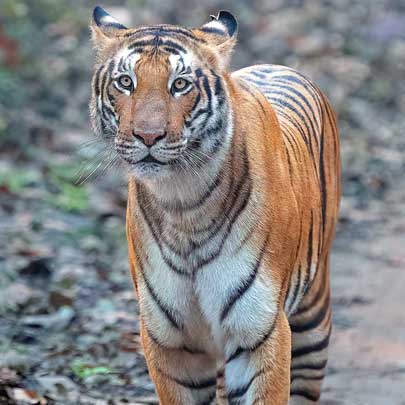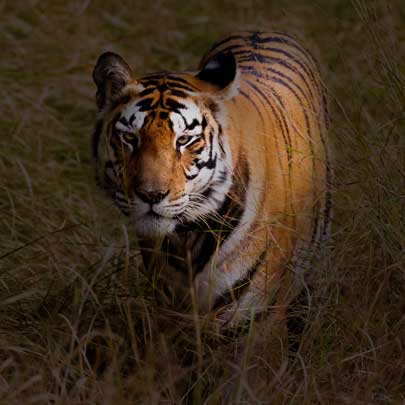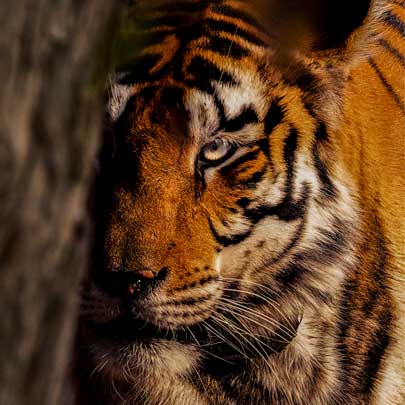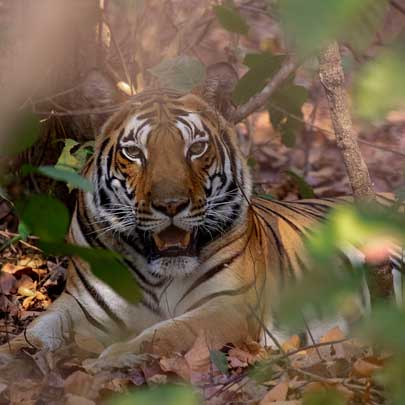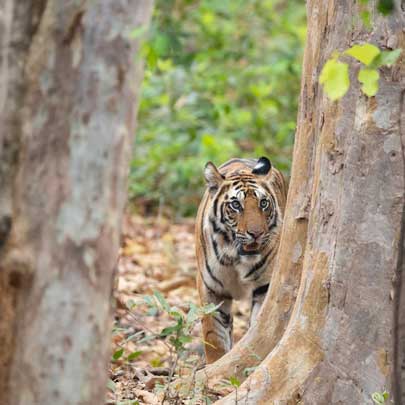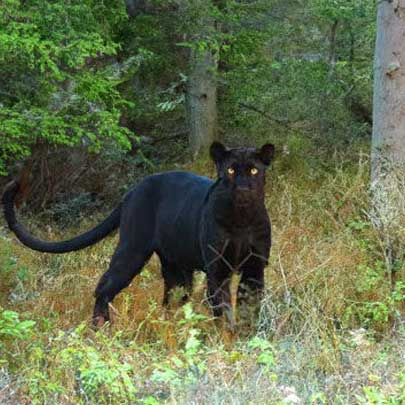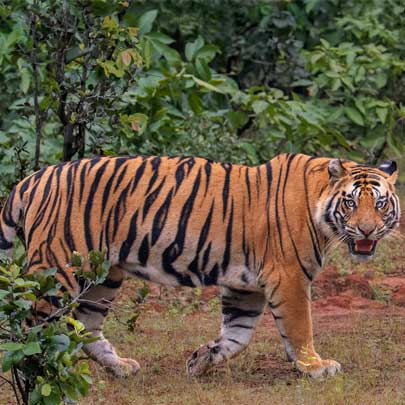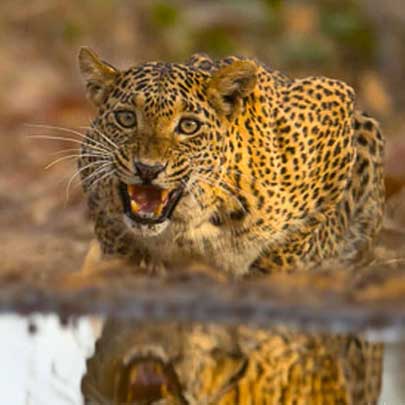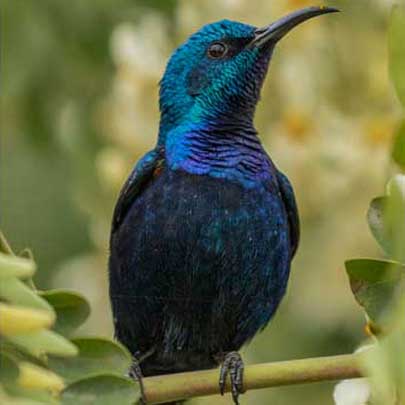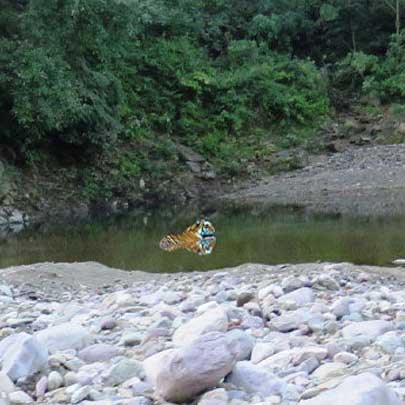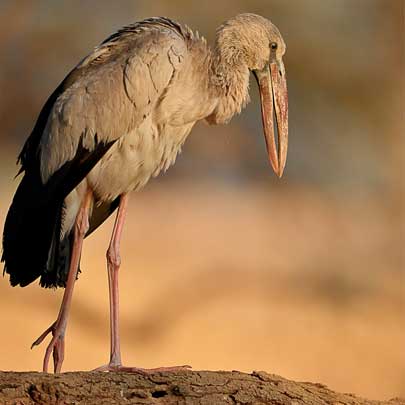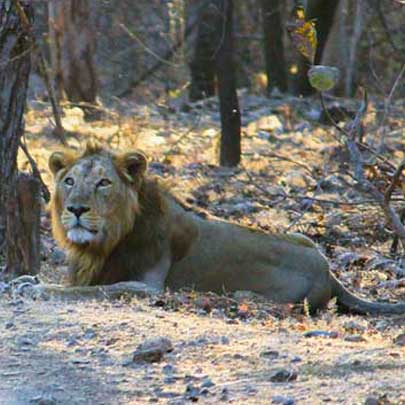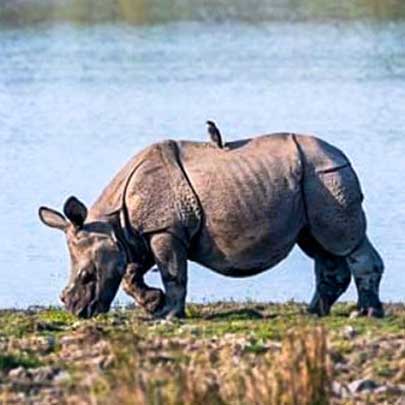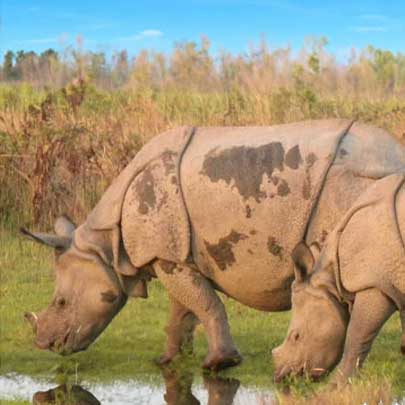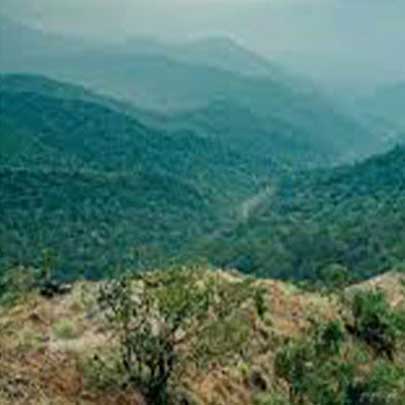Dudhwa National Park: A Gateway To India's Rich Natural Heritage
Dudhwa is located in the Terai region of Uttar Pradesh, characterized by a unique ecosystem of grasslands, swamps and dense forests. This ecosystem supports a diverse range of flora and fauna, making it a crucial component of India's natural heritage. It can be attributed to several factors that make it a significant and valuable natural asset for the country. Here are some reasons why Dudhwa National Park is considered a rich natural heritage:
-
Biodiversity:
- Dudhwa is home to a rich variety of plant and animal species, including several rare and endangered ones. The park is known for its high biodiversity, contributing to the overall ecological wealth of the nation.

- Dudhwa is home to a rich variety of plant and animal species, including several rare and endangered ones. The park is known for its high biodiversity, contributing to the overall ecological wealth of the nation.
-
Tiger Conservation:
- Dudhwa has been successful in the conservation of Bengal tigers. The park's efforts in protecting and preserving this iconic species contribute significantly to India's tiger conservation initiatives.

- Dudhwa has been successful in the conservation of Bengal tigers. The park's efforts in protecting and preserving this iconic species contribute significantly to India's tiger conservation initiatives.
-
Endangered Species:
- Apart from tigers, Dudhwa shelters other endangered species such as the Indian rhinoceros. The presence of such species adds to the park's importance in the context of national biodiversity conservation.

- Apart from tigers, Dudhwa shelters other endangered species such as the Indian rhinoceros. The presence of such species adds to the park's importance in the context of national biodiversity conservation.
-
Floral Diversity:
- The park boasts a diverse range of plant species, including those with medicinal and ecological significance. This diversity contributes to the overall botanical heritage of India.
-
Conservation Initiatives:
- Dudhwa has implemented successful conservation initiatives, showcasing the dedication of the park authorities and contributing to India's overall efforts in protecting its natural heritage.
-
Cultural Significance:
- The park might have cultural or historical significance that adds to its heritage value. This could include traditional uses of the land by local communities or historical events associated with the region.
-
Contribution to Ecotourism:
- Dudhwa attracts nature lovers and tourists interested in wildlife, contributing to the promotion of ecotourism in India. This sustainable form of tourism helps generate awareness and funds for further conservation efforts.
-
Research and Education:
- Dudhwa might serve as a center for research and education in the field of wildlife and biodiversity. Such contributions can enhance the scientific knowledge and understanding of India's natural heritage.
-
Landscape and Scenic Beauty:
- The scenic landscapes, diverse terrain and picturesque settings of Dudhwa make it a visually appealing destination, adding to its allure as a natural heritage site.

- The scenic landscapes, diverse terrain and picturesque settings of Dudhwa make it a visually appealing destination, adding to its allure as a natural heritage site.
-
Role in Ecosystem Services:
- The park might provide vital ecosystem services such as water purification, flood control and maintenance of soil fertility, contributing to the overall ecological balance in the region.


























